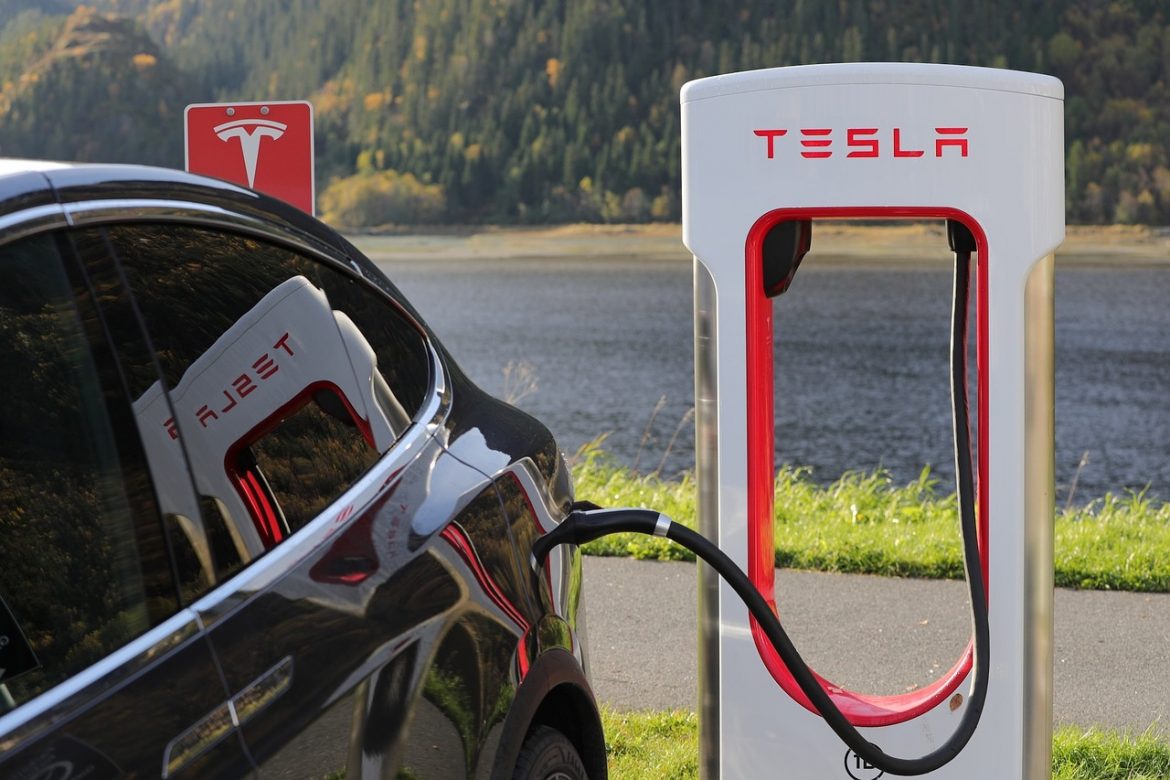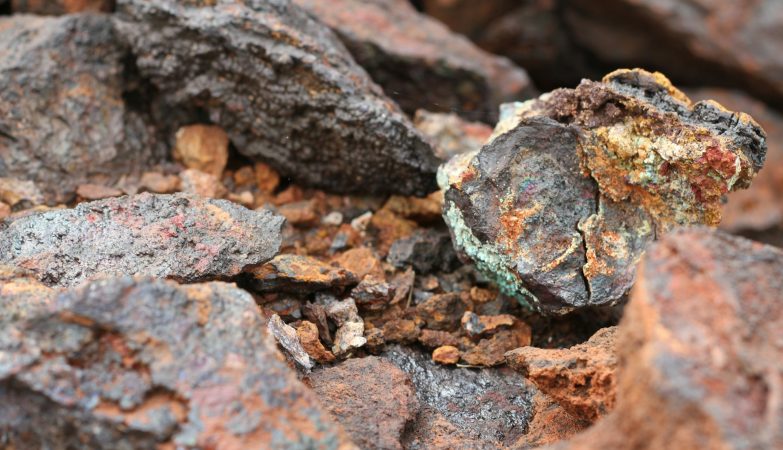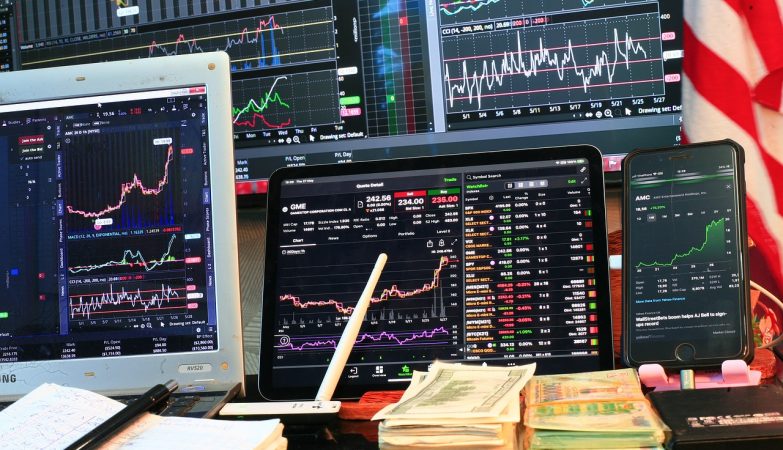Tesla CEO Elon Musk announced on Thursday that the company will organize a shareholder vote to relocate its state of incorporation from Delaware to Texas. This decision comes in response to a recent court ruling in Delaware that invalidated Musk’s substantial $55.8 billion pay package. The case, brought by a shareholder, argued that the massive compensation plan was unjust to shareholders, alleging that the company’s board had failed in its fiduciary duty by approving it.
Delaware judge Kathaleen McCormick, in her ruling, emphasized Musk’s close connections with the board of directors, responsible for negotiating the controversial pay package. The court’s decision means Tesla’s board must devise a new compensation plan for Musk, unless the company opts to appeal the ruling. Musk expressed his discontent with Delaware by advising against incorporating a company in the state, a common choice for corporations due to its favorable tax regulations and business-friendly laws.
This legal development prompted Musk to announce Tesla’s intention to hold a shareholder vote for relocating its state of incorporation to Texas. The move is seen as a strategic response to the court’s decision and a potential shift away from Delaware, which has long been a preferred destination for company incorporations. Musk’s public dissatisfaction with Delaware aligns with his previous critiques of the state’s legal environment.
The recent court ruling in Delaware and Musk’s subsequent announcement reveal the friction between the Tesla CEO and the state’s legal system. Musk has been vocal about his opinions on major business decisions, often utilizing platforms like Twitter for polls and public input. This approach has been notable in Musk’s handling of decisions related to his other ventures, such as X (formerly known as Twitter), where unscientific polls have been used to gauge public sentiment and guide key policy decisions.
It’s worth noting that this isn’t the first time Musk has turned to unconventional methods for decision-making. He previously relied on polls after acquiring X, reinstating former President Donald Trump’s account based on poll results and seeking public input on whether he should step down as the social media company’s CEO.
As the legal battle over Musk’s pay package continues, Tesla’s potential move to Texas reflects Musk’s willingness to act decisively in response to challenges. Meanwhile, Musk’s net worth, currently estimated at $182.6 billion, positions him as the world’s second-richest person on the Forbes Real-Time Billionaires list. This follows Musk conceding the title of the world’s richest person to LVMH CEO Bernard Arnault after the Delaware court ruling.







